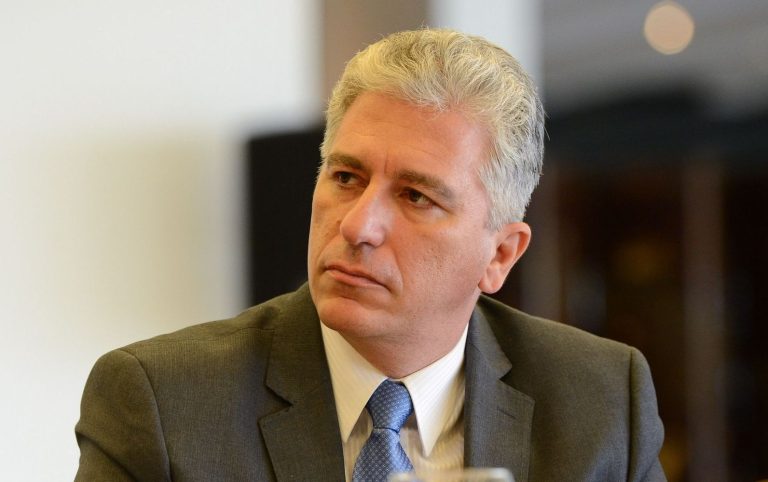By Alessandro Candeas*
Brazil has ratified the Free Trade Agreement between Mercosur and the State of Palestine on July 5 in Asunción. According to a statement from Brazil’s Foreign Ministry, the entry into force of the agreement first signed in 2011 is an act of trust in the economic viability of the Palestinian state and a desire to strengthen this relationship. This article presents brief information on the bilateral trade and its potential for growth and diversification, based on data from the Comexstat system of the Ministry of Development, Industry, Trade and Services of Brazil.
In 2023, exports from Brazil to Palestine grossed USD 32,214,955, the second-best result in history. Imports, however, reached only USD 194,885. A surplus at over USD 32 million and an overwhelming presence of 99.4% of Brazilian exports show a structural imbalance of a one-way relationship. It would be only fair to bridge such gap, however slightly, by means of stepping up purchases of Palestinian goods.
Trade last year focused on very few products. Leading exports from Brazil were fresh beef, chilled or frozen (USD 29 million), and prepared or preserved meat offal (USD 1.44 million), adding up to 95% of the volume. From Palestine, fruit, preserved, and fruits preparations (except fruit juices) were virtually the only item (99.2%) exported in 2023.
Palestine is a market of roughly 6 million consumers (if we include the West Bank and Gaza). In 2023 Mato Grosso was Brazil’s leading exporting state to Palestine, followed by São Paulo, Goiás, Rondônia, Minas Gerais, Tocantins, Mato Grosso do Sul, and Rio Grande do Sul – all major meat exporters. In turn, Rondônia is by far the top importing state of Palestinian goods.
Palestine has sought to diversify its international trade partnerships, and Brazil is a key priority. For this purpose, multisectoral business missions were led to São Paulo in in 2023 and 2024.
It is worth noting that 2024’s bilateral trade statistics indicate an interesting development in exports. This year’s first half saw the trade exchange reach USD 17.1 million – with Brazil exporting USD 16.9 million and importing USD 0.2 million – thus allowing to envision a slightly higher result compared to 2023’s, with a small decrease in Brazil’s otherwise sky-high surplus.
This is a surprising result – as it shows the trade exchange hasn’t been affected by the economic crisis plaguing Palestine in the context of the war in Gaza and its reverberations in the West Bank – and has potential for growth.
Also surprising, if not counterintuitive, is a change in the Palestinian export profile. In 2024 61% of Palestinian exports are manufactured and capital goods – centrifuges, air compressors, fans, pumps, exhaust fans, filtering or purifying machinery and their apparatus. The item “fruits”, which dominated exports in 2023, accounts for 37% of the total volume.
Therefore, there is great potential for expanding Brazil-Palestine trade, regardless of the political and economic turmoil that has unfortunately affected the region. Bilateral trade reached a record high at USD 47 million in 2015. In 2021, in the middle of an economic slump ushered in by Covid and another conflict in Gaza, trade reached USD 26.1 million. As we’ve seen, this year could post the second highest trade volume in history – despite the war.
There are good exporting prospects for Palestine in ceramics, textiles, crafts, olive oil, and stones for construction and decoration, as well as manufactured and capital goods. From the Brazilian side, there is also potential to increase sales of food items – coffee, sugar, fruits – machinery, footwear and clothing, and miscellaneous services. Brazilian investments in manufacturing Palestinian products at competitive prices to neighboring Israel and Arab countries could also be on the table.
*Alessandro Candeas is the Brazilian ambassador to Palestine
The views expressed in this article are those of the author.
Translated by Guilherme Miranda




